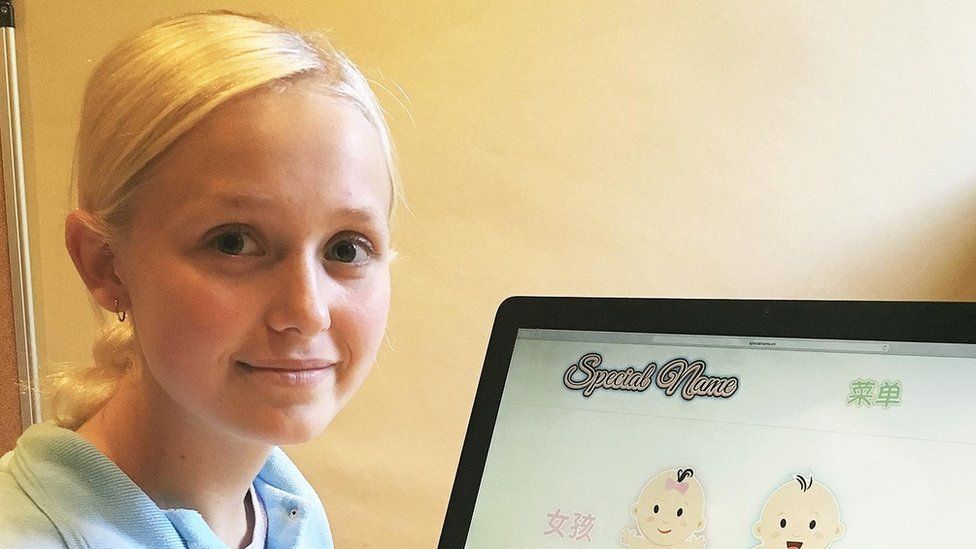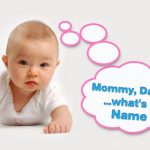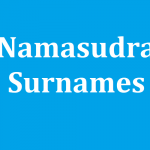A 16-year old British schoolgirl Beau Jessup is helping Chinese parents to choose English names for their children. she was inspired to help Chinese names after hearing of a number of embarrassing names. Many Chinese families were naming their babies with English names, but missed the cultural meaning behind their choices. Some names reportedly included, Rolex, Gandalf and Cinderella.

Some Chinese parents explained you can’t use a Chinese name on email or a university application to the UK. Chinese parents are choosing English names for their children to help them gain study or work opportunities abroad. Later Beau Jessup explained “An idea is triggered during my family trip to China, when she was asked by friends during a meal out to suggest an English name for their newborn baby”. This idea turns her an successful entrepreneur.
She said some of the confusion arises because people in China are blocked from using standard baby naming websites. The reason behind this confusion is Chinese government censorship of the internet restricting its citizens’ understanding of western cultural references. Six months on Beau has named more than 232,000 Chinese babies, using names such as George, William, Catherine and Susan. She earns ridiculous amount of money to name babies.
In the past, a traditional Chinese name consists of 3 Chinese characters. The beginning character is the family name. The second one is decided by generation in the family which may changes generation by generation. The last one is decided by parents. It usually contains parents’ good wishes to their babies which is dragon in English and means auspicious in Chinese culture.
In recent years, many young Chinese parents do not follow the old naming rule and give a name without special meaning to their child. From their earliest recorded history, the Chinese observed a number of naming taboos, avoiding the names of their elders, ancestors, and rulers out of respect and fear. As a result, the upper classes of traditional Chinese culture typically employed a variety of names over the course of their lives, and the emperors and sanctified deceased had still others.
Today, two-character names are more common and make up more than 80% of Chinese names. However, this custom has been consistent only since the Ming dynasty.








